
Taxing the Rich
A History of Fiscal Fairness in the United States and Europe
Recommendation
The degree to which Western developed countries tax their richest citizens isn’t well explained, in part because it tracks a fluctuating value. Professors Kenneth Scheve and David Stasavage find that the two world wars in the 20th century were history’s biggest drivers of higher taxes on the wealthy. The “compensatory arguments” that contemporaneous political policy makers cited equated the sacrifice of soldiers with the rich doing their share by giving up more money in taxes. The professors conclusively prove that these compensatory arguments about the impact of mass military mobilizations best explain 20th century tax rises. They comprehensively dismember most other theories on the subject. Their focused study provides insights that are more surprising and definitive than you would expect. getAbstract recommends the authors’ analysis to historians, policy makers, tax reformers, the rich and those who want to be.
Summary
About the Authors
Kenneth Scheve is a professor of political science and a senior fellow at the Freeman Spogli Institute for International Studies at Stanford University. David Stasavage is a professor in the Wilf Family Department of Politics at New York University.








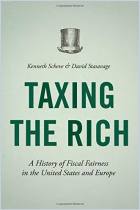
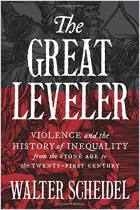
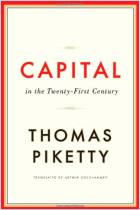
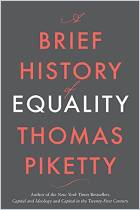
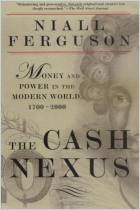
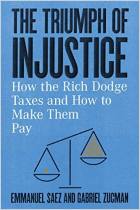




Comment on this summary or 开始讨论